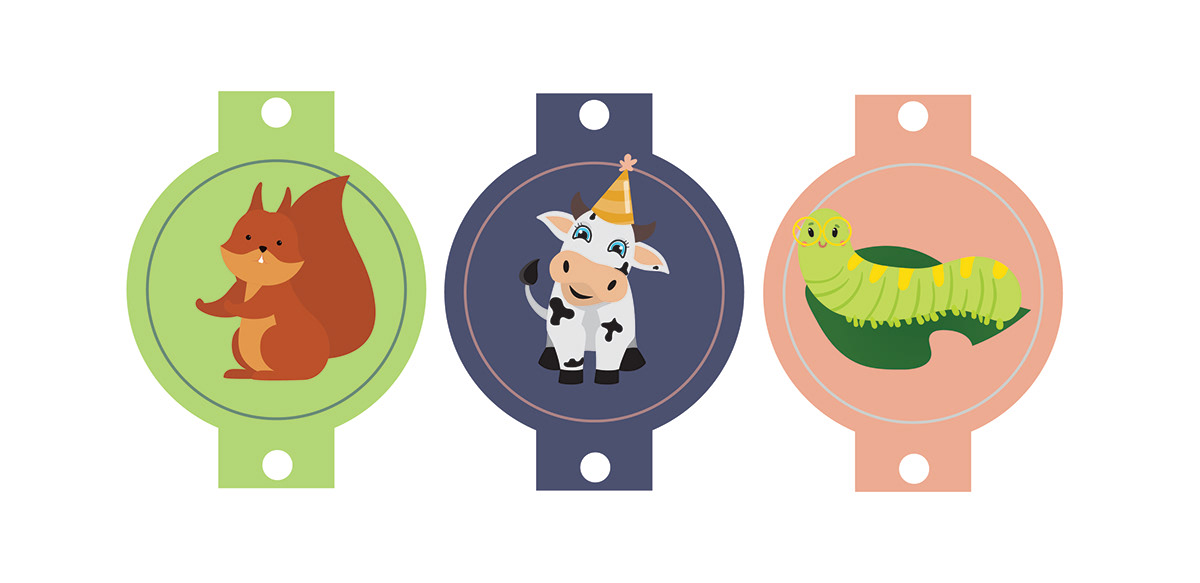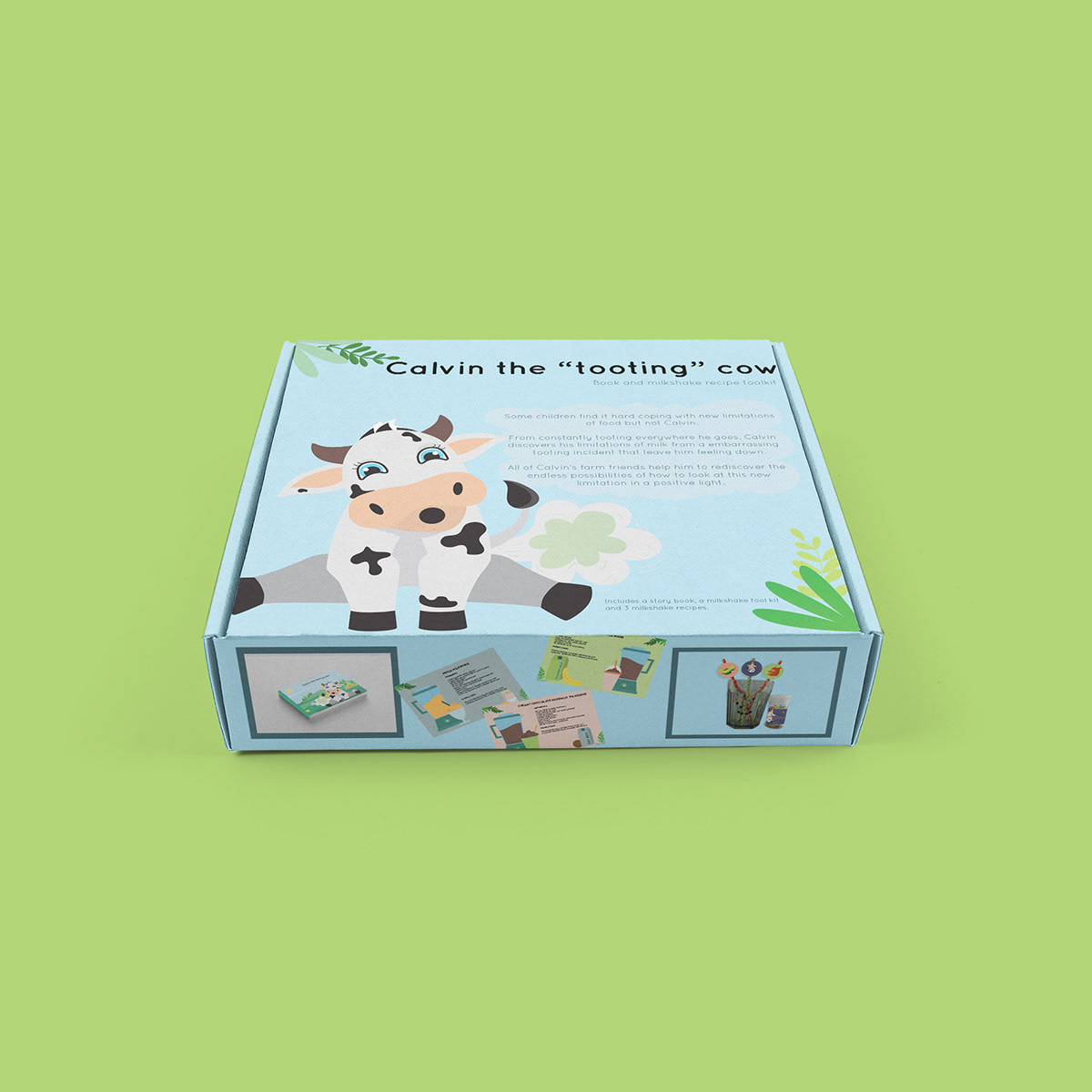
THE PROBLEM
Food allergies are on the rise in South Africa in the past view decades and especially in children (Cederquist, 2020). South Africa is known to have people with strong immune systems less susceptible to allergies but mainly food allergies. It was believed that the people in South Africa were possibly "protected" against food allergy because of eating a rural diet but in the past few decades there has been a rise in allergies, specifically in children due to the globalisation of the country and urbanisation of the people (Heerden, 2017). Allergies do not only affect the individual life but can also be life treating if not educated on how to deal or notice the situation (Nicholson, 2017). It is estimated that four to six percent of children have food allergies, but the main causes of allergies are from basic foods like peanut, milk, fish, and nuts (Watson, 2018). A third of all South African will develop some kind of allergy within their lifetime (Nicholson, 2017). The biggest problem in South Africa now is that parents are uneducated in food allergies and are usually unaware that their child has a food allergy until it become serious once eating the food or when they come to the age of 3 and 6 years old. This is why it is important for caregiver to be alert and knowledgeable when it comes to food allergies in children but mainly focusing on how parents and children can educate themselves to build confidence in a new fresh way of looking at this limitation (Watson, 2018).
The general problem identified is the rise of food allergies within children has left many families uncertain of how to deal with this problem in a way their children understand, especially within social situations. The problem being looked at is there is not is not enough tools and fun activities for most children between 3 and 7 years old to learn and cope with this problem that it leads to many other difficulties within their lives and health.
The specific problem focuses on the impact that food allergy have on the nutritional behaviour, attitudes and lifestyles of children and their families, exploring ways and tools of dealing with the allergy in a fun and safe way but by looking for positive opportunities that give confidence back to the child and the family.
THE CONCEPT
Some children find it hard coping with new limitations of food but not Calvin. From constantly tooting everywhere he goes; Calvin discovers his limitations of milk from an embarrassing tooting incident that leave him feeling down. All of Calvin’s farm friends help him to rediscover the endless possibilities of how to look at this new limitation in a positive light. This inspiring and uplifting story is suited for all young children between 4 and 7, especially children that are struggling with new limitations to food because of allergies. This book includes positive affirmations to help children cope with their food allergy, as well as improve their confidence when in social situations.
The concept is based on the story of the child and the parent going to explore the problems the child is experiencing because of the food allergy. The story’s idea is that the Calf and his mother, will go on a trip around the farm to invite all the animals to his birthday party, but once confronted with a symptom of a food allergy in embarrassing manner, the calf will learn how to deal with this problem with an open mind to new opportunities because of this allergy. This possible implication of the families reading the story and trying the recipes will help open doors to thinking positively and finding new ways to making the environment safe and happy for children with a difference to empower themselves.
THE STRATEGY
The strategy is to create a picture book combined with a recipe book to help explore the topic of food allergies and to educate both child and parent about how to deal with the problem in the most positive way. By using a narrative of character design for children’s book so that it is more relatable in a way for children to understand the topic, the story will be based on the allergies and the animals will experience the problems the child is experiencing and by reading the story and trying the recipes with the toolkit, that are combine within the story could help families cope with this difficult problem.
COMMUNICATION GOAL
The communication goal is to communicate to young families and children on their own food allergies, allowing them to gain confidence when facing this problem in social situations with an open mind for new opportunities. The single-minded message is “open minds, open tummies.”

BOOK DESIGNS




































BOOK MOCK-UP



















TOOLKIT DESIGNS AND MOCK-UPS






BOX DESIGNS




BOX MOCK-UP











